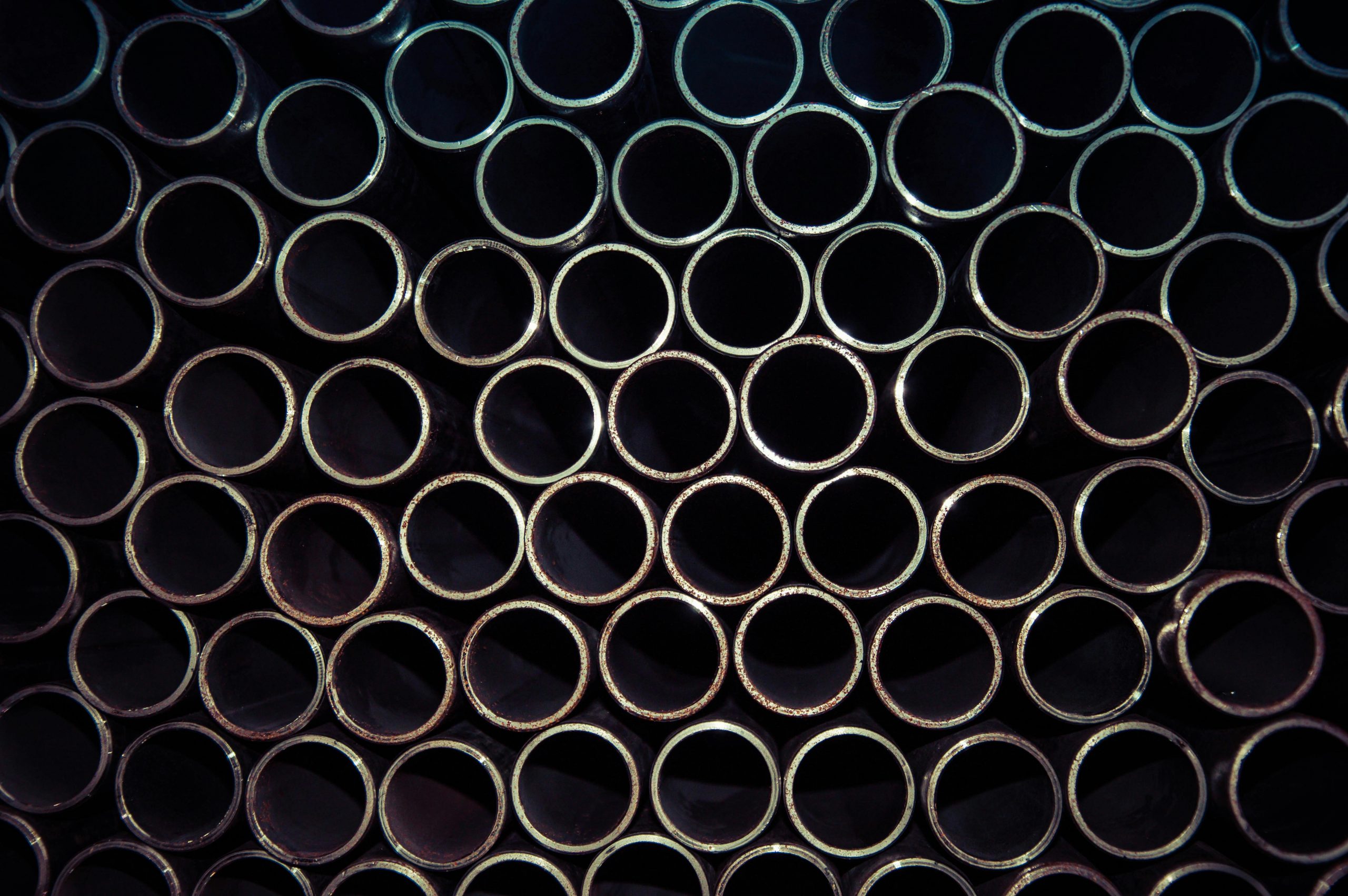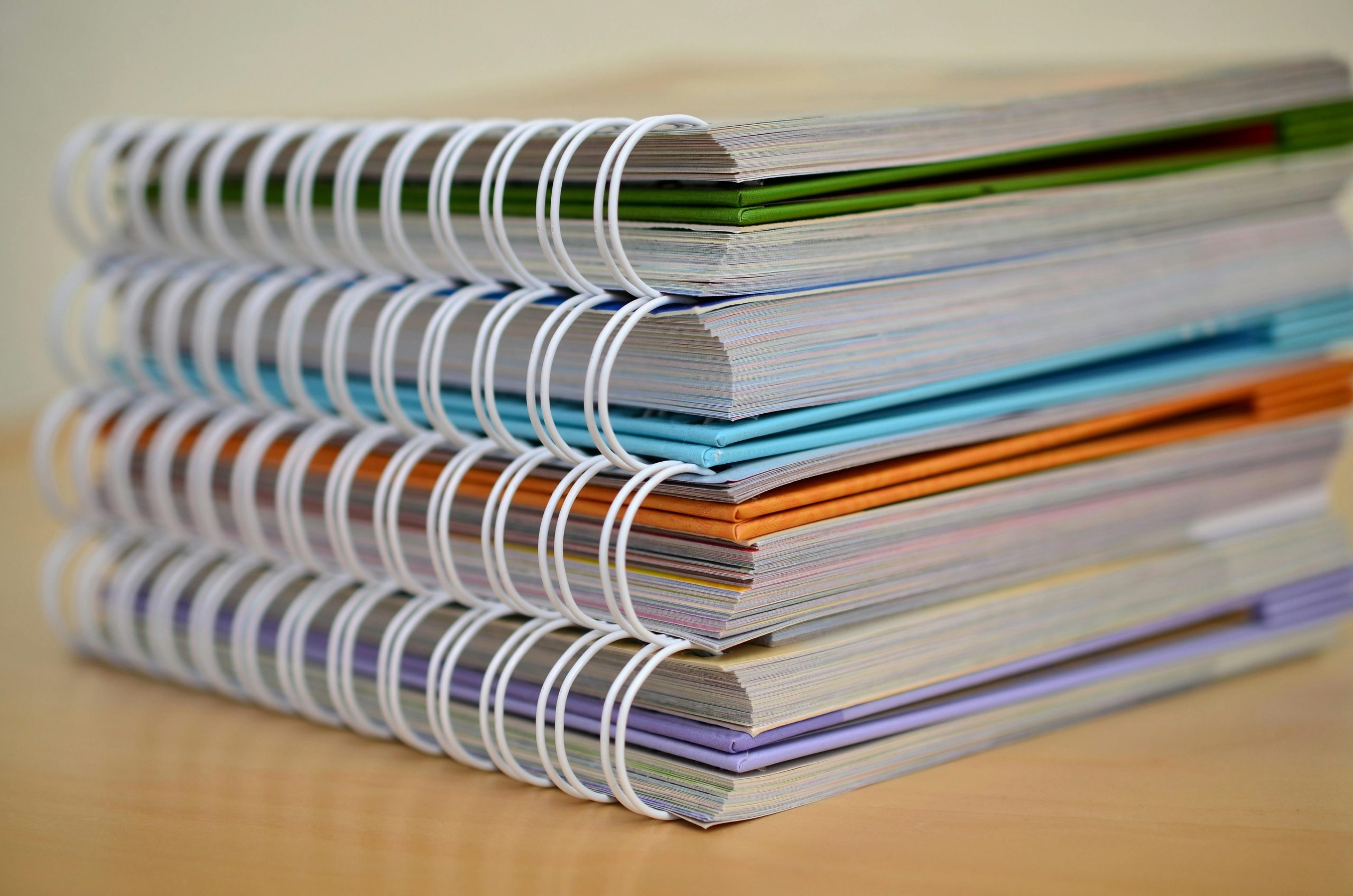Table of Contents
Who are DNSR and what do they do?
What is the DNSR?
The Defence Nuclear Safety Regulator (DNSR) is like the safety police for the Ministry of Defence (MoD). They make sure everything related to nuclear stuff in the Defence Nuclear Enterprise (DNE), including the Naval Nuclear Propulsion Programme (NNPP), is super safe. Submarines with nuclear reactors would generally require licencing under the Nuclear Installation Act 1965 except for specific text that excludes any nuclear reactor that is within a means of transport, such as a submarine. In this way, but the MOD is exempt from legislation because of being a Crown body.
However, the MoD doesn’t get a pass on general safety laws like the Health and Safety at Work etc. Act (HSWA), Ionising Radiation Regulations 2017 (IRR17), and Radiation Emergency Preparedness and Public Information Regulations 2019 (REPPIR). For these regulations, they work with the civil regulator called the ONR to help out and make sure everyone follows the rules.
The DNSR team is a mix of regular and navy people, mostly nuclear experts, with some administrative support to keep things running smoothly.

How the DNSR regulate
As with the ONR, the DNSR does things a bit differently. Instead of telling people exactly what to do to be safe, they ask them to show how they’re keeping things safe. This way, the rules can be adapted for different places or situations, and it allows for new and cool ideas as long as they can prove they’re safe.
The DNSR rules are based on what the civil regulator (Office for Nuclear Regulation – ONR) uses, with some changes only when needed and renamed to the Authorisation Conditions (AC). Some extra rules called Further Authorisation Conditions (FAC), and Transport Conditions (TC) are also needed because of the difference between what the ONR regulates and the DNSR.
There are:
- Authorisation Condition (AC) – Total: 36
- Further Authorisation Condition (FAC) – Total: 6
- Transport Conditions (TC) – Total: 1
Authorisation Conditions
- All
- Authorisation Conditions (AC)
- Further Authorisation Conditions (FAC)
- Transport Conditions (TC)
Explore Further
Choose from the articles below to continue learning about nuclear.
ONR, Site Licenses and Legislation
Environment Agencies – How do they protect the environment?
Defence Nuclear Safety Regulator (DNSR) – Who are they and what do they do?
Institute of Nuclear Power Operators – What does INPO stand for?
Did you know? Explore Nuclear also offers great careers information and learning resources.
Below you can find references to the information and images used on this page.
Content References
The UK Government – Defence Nuclear Safety Regulator (DNSR)
Office of Nuclear Regulation (ONR) – Working with the Ministry of Defence
Defence Safety Authority – DSA02–DNSR Defence Nuclear Safety Regulations of the Defence Nuclear Enterprise
Image References
- Trident Nuclear Submarine HMS Victorious – UK Ministry of Defence – OGL v1.0
- Royal Navy Submarine HMS Talent Conducts Surfacing Drills in Scotland – LA(Phot) Hamish Burke – OGL v1.0






